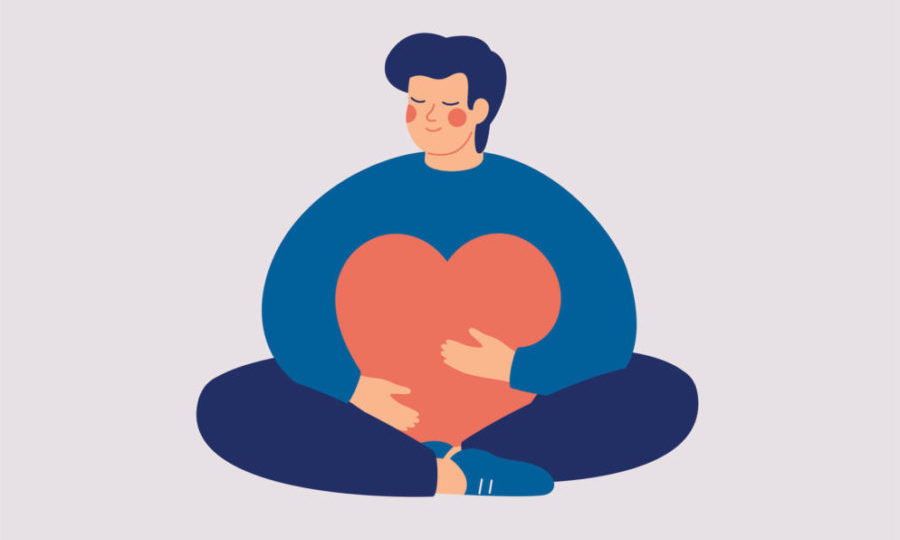
It’s no secret that women live longer than men. The average man will live to age 76, according to the latest CDC figures, while the average woman in America will live to age 81. And a woman’s extra years tend to be healthy ones.
So, how can men level the playing field? They have moved in that direction in just the past 40 years. Lifestyle changes are largely responsible for shrinking the lead from 6.8 years to 4.8 years.
“Men do tend to take bigger risks with their health, with more smoking and drinking, even drunk driving,” says Dr. Andrew Wong, a board-certified internal medicine physician in Bethesda who is affiliated with Suburban Hospital. Then there are occupational reasons.
“Younger men are in more risky jobs, more likely to be killed in the military, firefighting or construction jobs.”
Getting older, men are 50 percent more likely than women to die of heart disease. Even so, heart disease is the number one killer in women, Wong says.
In men, there’s a lot of high blood pressure and cholesterol, according to Wong. “How men manage stress and tend to hold their emotions in is a factor, though that is a generalization.”
Men tend to go to the doctor less often and skip annual physicals.
“They don’t get as much care from doctors so they may not be picking up on the preventative screenings and interventions that could help in controlling some of the risk factors that might lead to an earlier death,” Wong says.
Healthy relationships support a long life. “We know that having healthy relationships throughout life is helpful for longevity and that tends to be women more than men for some reason,” Wong says.
Men who are married tend to live longer than men who are unmarried, he says. “They might have a healthier lifestyle just from living with another person.”
Exercise is one of the most important lifestyle changes a man can make for longevity. “Moving their body, getting things going in terms of circulation. Some research shows that men exercise more than women, although that’s a generalization.”
Men are less likely than women to protect their skin from the sun, according to the American Academy of Dermatology Association. By age 50, men are also more likely than women to develop skin cancer. This number jumps by age 65, making men twice as likely as women of the same age to get melanoma.

Some disparities are hard-wired, putting men at an unavoidable disadvantage. Women tend to have stronger, more reactive immune systems and less likely to have a reaction to viruses, Wong says. “There was some research that suggested that women survived COVID-19 a bit more than men and I think it has to do with the strength of the immune system.”
Following good sleep habits is found to add nearly five years to a man’s life expectancy and almost 2.5 years to a woman’s life, a Harvard Medical School researcher found.
“A lot of people have sleep apnea which is a condition where the brain basically is not getting enough oxygen especially at night,” Wong says. A number of studies have shown that obstructive sleep apnea is more common in men than in women, though women have more insomnia. “Sleep apnea needs to be screened because it can lead to an increased risk of heart disease and stroke.”
To bridge the gap between men and women, Wong recommends quitting smoking, not drinking alcohol, eating plenty of fresh fruits and vegetables and getting regular exercise, especially outside.
“Engaging in activities that are meaningful to men, that give them purpose and joy. Staying active is important. It keeps men alive longer and staying healthier throughout their lifespan.”




